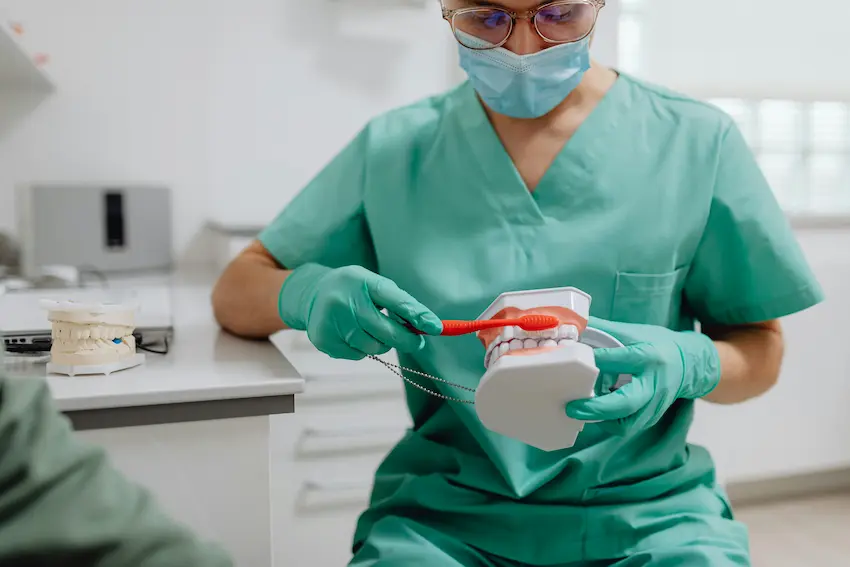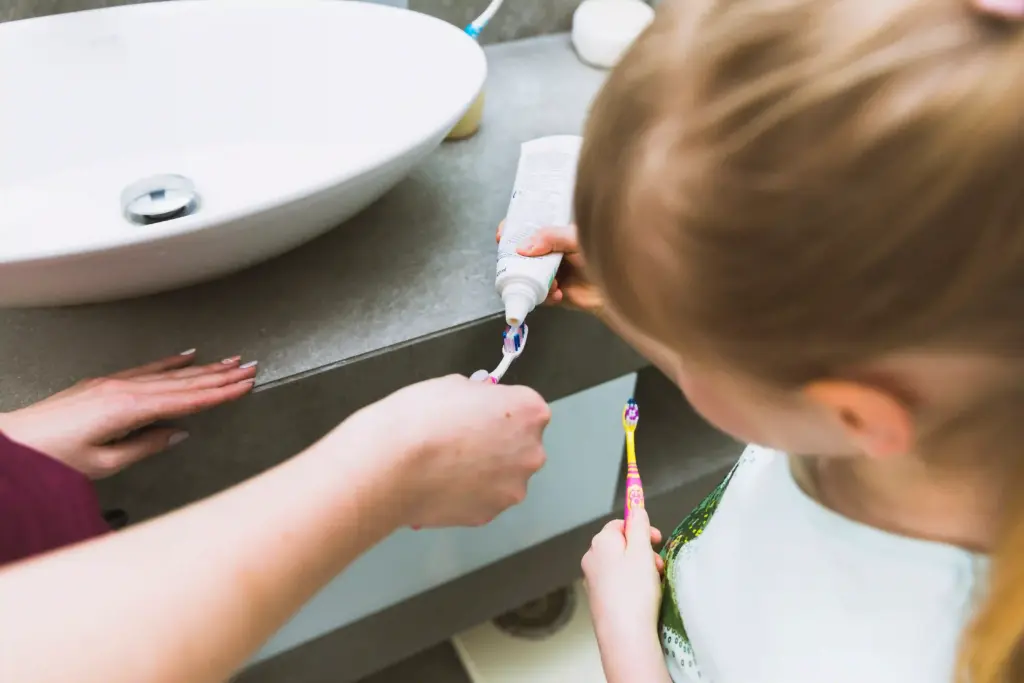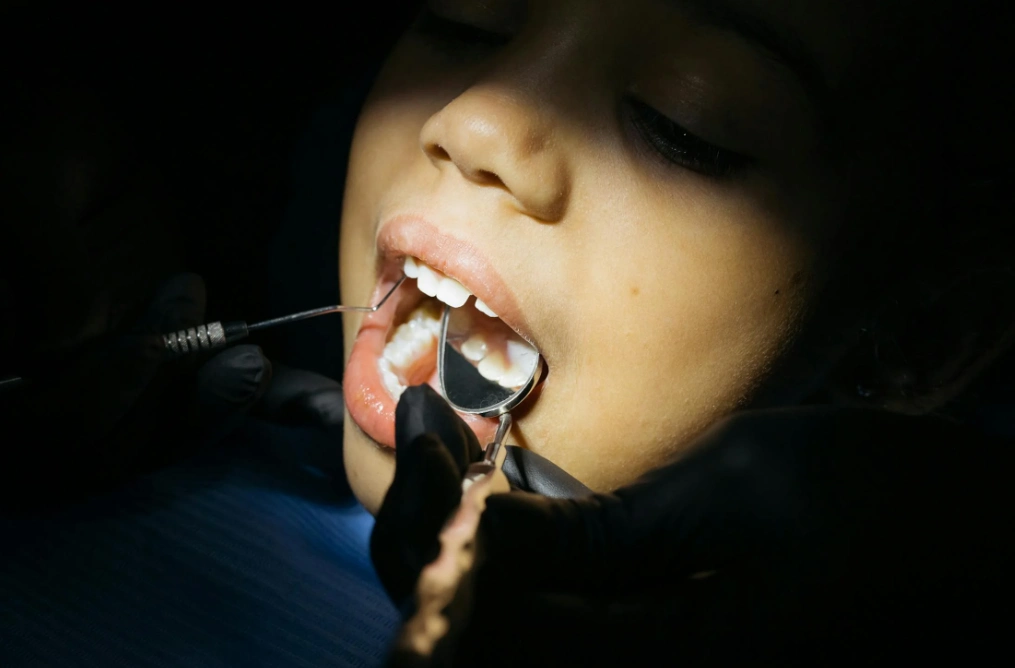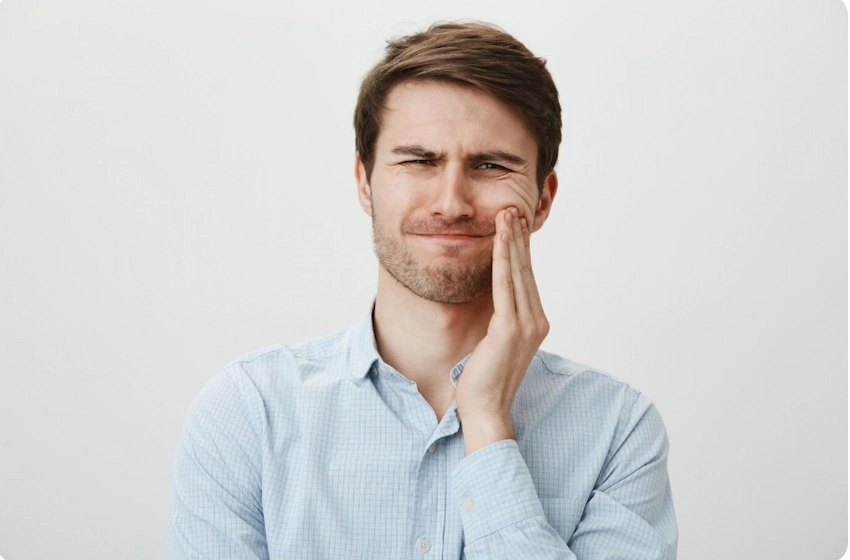🦷How Often Should You Brush Your Teeth Each Day?

One of the easiest and most effective habits that can be done to maintain a healthy and bright dental condition is by brushing your teeth. Brushing teeth is a daily task for most of us which we do without even thinking about it, but are you sure you are doing it regularly? Is brushing your teeth only once a day enough or is it possible that brushing too much can cause harm? How often should you brush your teeth each day?
In this article, we will cover three main points and they are: the need for regular brushing, why it is more important than you think, and how to establish a habit that will protect your teeth and gums for the rest of your life.
Why Brushing Frequency Matters
Throughout the whole day, your mouth gets the waste from food, sugar, acid, bacteria. Plaque is an outcome of the accumulation of these elements that happens by themselves when you wear out your teeth. It is a fact that when not cleaned, it can be solidified to a crust that would be the root cause of cavities, gum illness, the repulsive smell of the mouth, and even the loss of teeth. Brushing your teeth extracts these layers of the film, which would ruin your mouth and it carries on with a safe and hygienic environment.
Neither does it allow the food and drink you consume to cause any sort of stains on your teeth nor any destruction to the enamel layer with it, but it also rejuvenates the fluoride concept and substances.
When you don’t brush your teeth frequently enough, the plaque has an opportunity to better grow, leading to harm that can be noticed before there is any pain or any symptoms. This means that consistent and frequent brushings, far from being merely for good appearances’ sake, are, in fact, an important enemy against long term dental disease.
How Many Times a Day Should You Brush?
Taking into account the remarks of the majority of dentists, like those from the American Dental Association, it is recommended that individuals should brush their teeth at least two times a day – in the morning and before sleep. Indeed, having a regular practice of brushing the teeth in the morning is a requirement as it helps in the removal of the accumulated oral bacteria.
For the period of rest and the first meal of the day, using a mouthwash-spray and brushing the tongue, together with the drinks having fluoride, can help in whitening the teeth. At the same time, brushing also can be used to remove the layer of bacteria which has gained in your mouth during the night. However, the most important time to brush your teeth is at night. This is the time when controlling the diet becomes necessary even further.
Daytime is the time when your teeth get exposed to all types and kinds of food particles, sweeteners, and even acidic drinks creating a conducive environment for bacteria to flourish. If you don’t brush your teeth before you go to sleep, the mouth will be the source of nourishment for the bacteria and they will easily multiply.
Also, the process of saliva production, which is important to combat the effects of acids, is greatly reduced at night. In the worst-case scenario, such as only brushing your teeth once a day or if you refuse to brush your teeth at night, the problem may become the chief cause of inflammation, caries, and decay in the teeth and the gums.
Is Brushing More Than Twice a Day Harmful?

While brushing frequently might seem like a good idea, brushing more than twice a day — Brushing your teeth with too much force, specifically — can, in fact, lead to damage. The act of brushing very hard can be abrasive to the enamel, which is the outer protective layer of the teeth.
The truth is that enamel does not form again, and the teeth become more sensitive and more susceptible to caries. A side effect of over brushing can also be gums that are irritated and that recede, exposing your teeth roots and thus increasing the chance of infection. If you’re the type of person that brushes after taking meals, you shouldn’t start brushing before half an hour is over, more so if you have eaten acidic food or drinking acidic drinks.
If the brush comes into contact with acidic items just as they have been eaten, enamel becomes soft and can be removed more easily by the brush. In lieu of brushing, you may want to swish some water in your mouth or chew sugar-free gum until it is safe to brush. It is the aim to strike a balance — not to brush enough would mean the bacteria to thrive, and not to over brush that in turn can deprive your teeth of what they need for their defense.
How Long Should Each Brushing Session Last?
The total amount of time that you spend brushing your teeth is as important as the number of times you do it. If you are too fast, and it will not take you more than a minute, you will not be able to brush out plaque or bacteria from all areas of your mouth.
Equally, it is highly recommended by dentists to brush for 2 minutes during each brushing. An effective way is to divide your mouth into four parts in your mind and spend about 30 seconds cleaning each. Besides, make sure that you clean the inside, outside, and every tooth’s chewing surface.
Using a small toothbrush and moving in circular motions to brush your teeth less vigorously is the trick. By this means, you can also avoid hurting your gums or enamel. You should never overlook cleaning your tongue since those are the main stats for bacteria to hang out and result in bad breath. By mastering the method and spending enough time brushing, every tooth is getting their full attention and defensive measures of cleanliness are in place.
Other Important Oral Hygiene Habits

This action is necessary since it removes teeth plaque and food particles from places that a toothbrush cannot reach, specifically gums and surfaces in between. Also, regular rinsing of the mouth with an antibacterial mouthwash not only gets rid of bacteria but also serves a breath freshening function.
Moreover, what you eat significantly affects your oral health — less sugar and acidity concentration in your diet will result in less accumulation of plaque and erosion. To dentists check your teeth twice a year for timely treatment of the early stage of cavities, gum disease, or other health problems is the last traditional thing to be done.
The best and most convenient recommendations to all dental patients about at-home care are not too different from those given by a dentist who usually wishes to bring back the smile, hence the dentist is also very important for the patient’s needs.
Frequently Asked Questions About Brushing Frequency
Dentists recommend brushing twice a day — once in the morning and once before bed — to remove plaque and prevent tooth decay and gum disease.
Brushing three times a day is fine if done gently, but overbrushing with force can damage enamel and irritate gums.
Skipping nighttime brushing allows bacteria and food to sit on your teeth overnight, increasing the risk of cavities and bad breath.
Not always. Overbrushing can harm your teeth and gums — brushing twice daily with good technique is more effective.
It’s best to wait 30 minutes after eating, especially after acidic foods. Brushing too soon can erode softened enamel.




